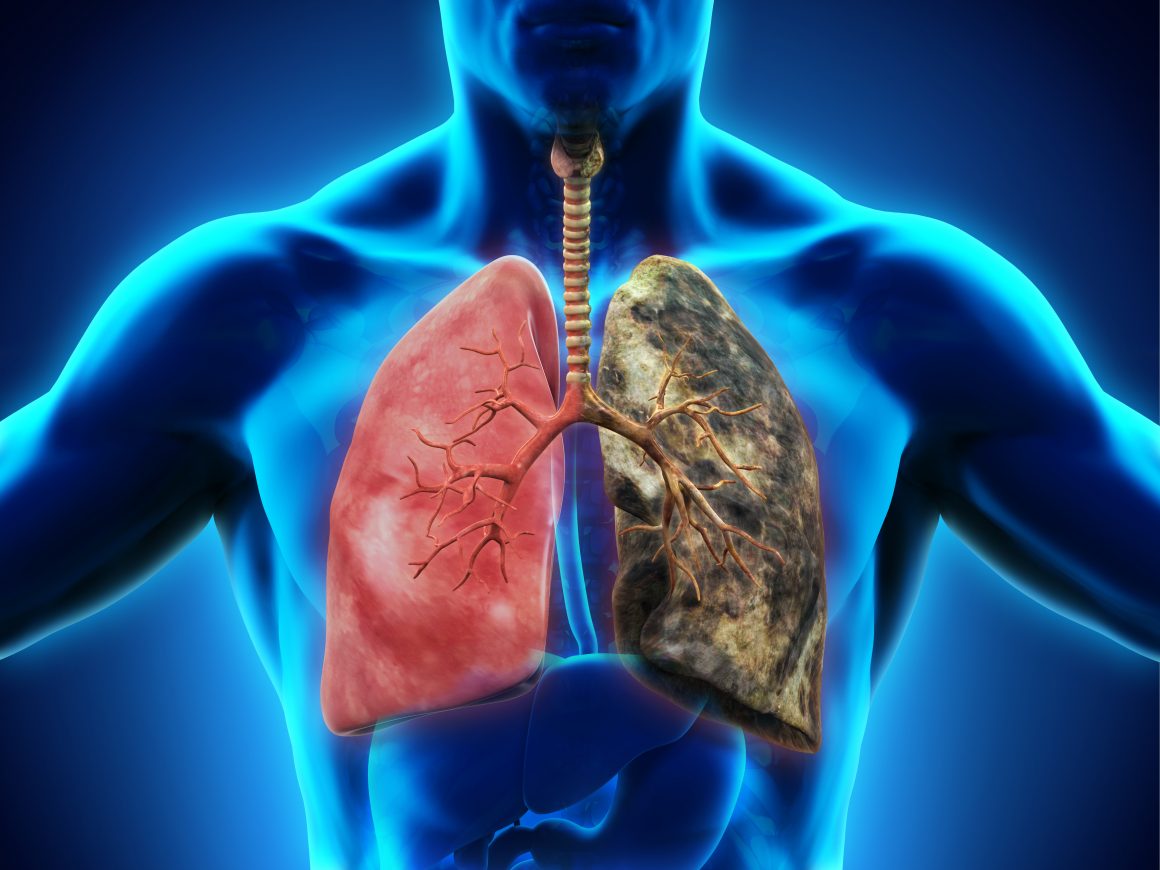
Factors That Affect the Success of Squamous Cell Lung Carcinoma Treatment:
- Nov 25, 2024
- | 12
Squamous cell lung carcinoma (SCLC) is a type of lung cancer that starts in the flat cells lining the airways of the lungs. Like all forms of cancer, the effectiveness of treatment for squamous cell lung carcinoma can vary greatly based on several factors. Understanding these factors can help patients and doctors make informed decisions for treatment, especially in advanced stages like stage 4.
- Stage of the Cancer
One of the most important factors affecting treatment success is the stage of the cancer. Squamous cell lung carcinoma can be detected at an early stage or, more often, at a later stage. At stage 4, the cancer has spread to other parts of the body, making treatment much more challenging. Early-stage detection typically allows for surgery, chemotherapy, or radiation therapy, which are more likely to be effective. At stage 4, treatment options are limited, and the focus may shift to slowing the growth of the cancer and relieving symptoms.
- Patient’s Overall Health
The overall health of the patient plays a significant role in the success of treatment. A patient who is in good health may be able to tolerate aggressive treatments like chemotherapy or surgery better than someone with other health conditions. Patients with heart disease, diabetes, or lung problems may experience complications from treatment, which can affect how well the treatment works. Regular checkups and a healthy lifestyle can help improve a patient's response to treatment.
- Symptoms of Squamous Cell Lung Carcinoma
Symptoms of squamous cell lung carcinoma, such as persistent coughing, chest pain, or shortness of breath, can be clues for doctors to determine the stage and spread of the cancer. The earlier the symptoms are noticed, the sooner treatment can begin, which can improve outcomes. In some cases, squamous cell lung carcinoma may not show symptoms until it has reached an advanced stage, which can make treatment harder.
- Response to Treatment
Each patient responds differently to treatment. Some patients may have a good response to chemotherapy or immunotherapy, while others may not see significant improvement. Genetic factors, the type of squamous cell lung carcinoma, and how the tumor behaves can affect how well treatment works. Doctors may try different combinations of treatments to find what works best for each individual.
- Availability of Advanced Treatments
The availability of advanced treatments can also impact the success of treatment. Newer treatments, like targeted therapy and immunotherapy, have improved the outlook for many patients with lung cancer. These treatments work differently than traditional chemotherapy and may be more effective for certain patients, especially those with specific genetic mutations or who have not responded to earlier treatments.
- Age and Gender
Age and gender can also influence how well a patient does with treatment. Younger patients tend to have a better chance of recovery because their bodies are often better able to handle the stress of treatment. Women generally respond better to treatment than men, though this varies from person to person.
- Support System
Having a strong support system is vital in managing lung cancer treatment. Emotional support from family, friends, and support groups can reduce stress and improve a patient’s ability to cope with treatment. This can make a big difference in the patient's overall well-being and, ultimately, their treatment outcomes.
Closing Thoughts:
The success of squamous cell lung carcinoma treatment depends on a combination of factors, including the stage of the cancer, the patient's health, their response to treatment, and the availability of advanced options. Although treatment for lung cancer stage 4 is challenging, new therapies offer hope for many patients. Early detection, a personalized treatment plan, and a strong support system can all contribute to better outcomes.




.jpeg)